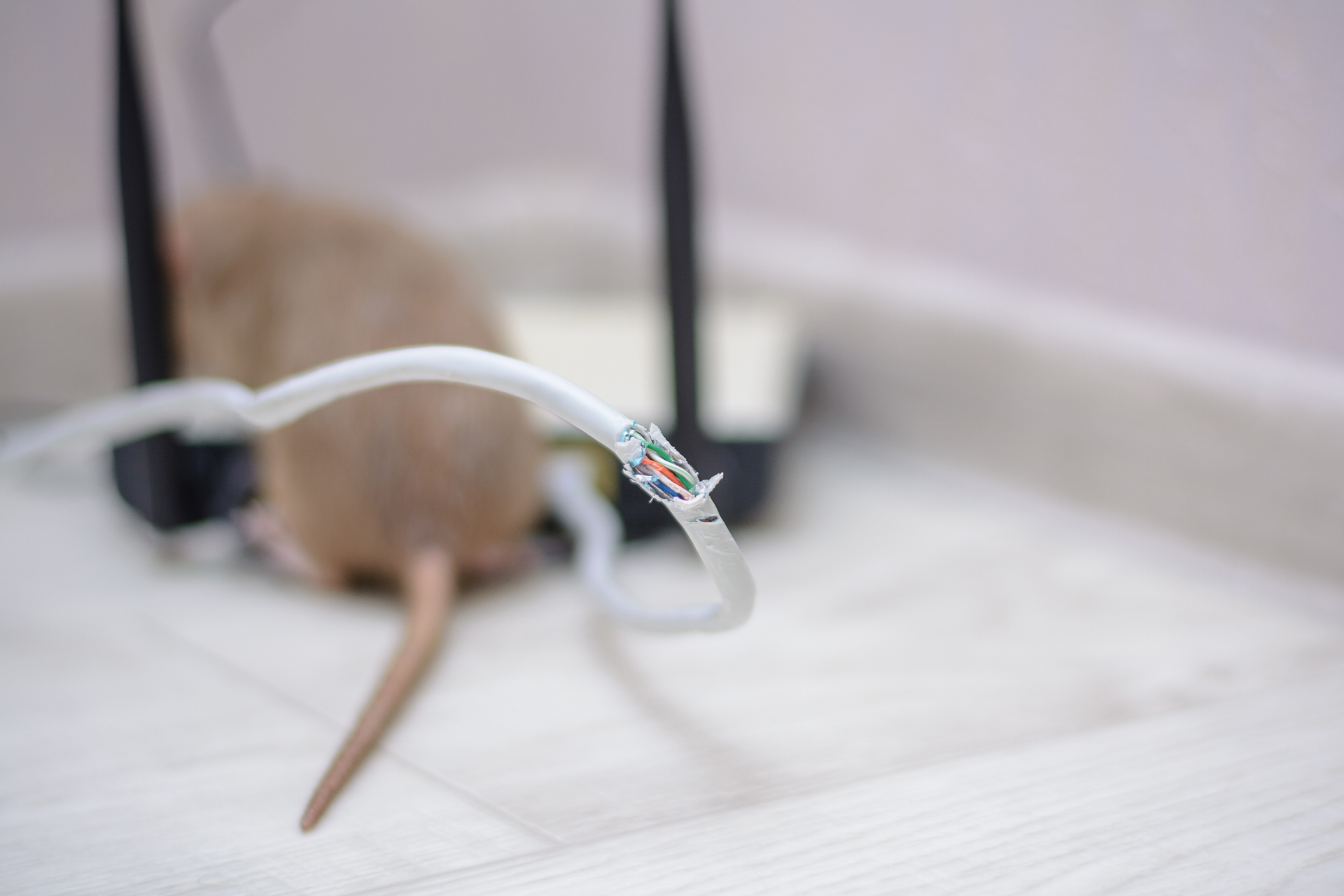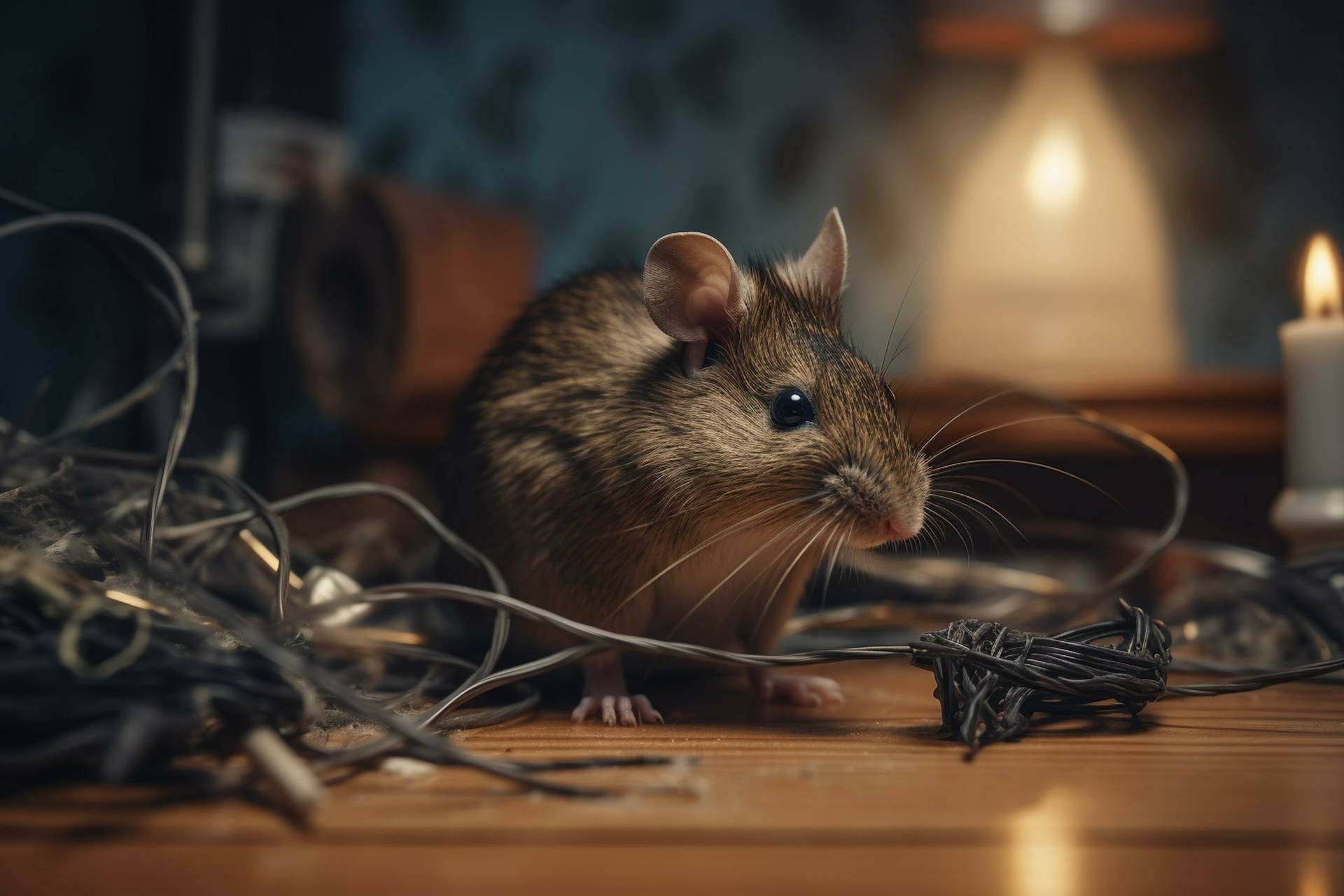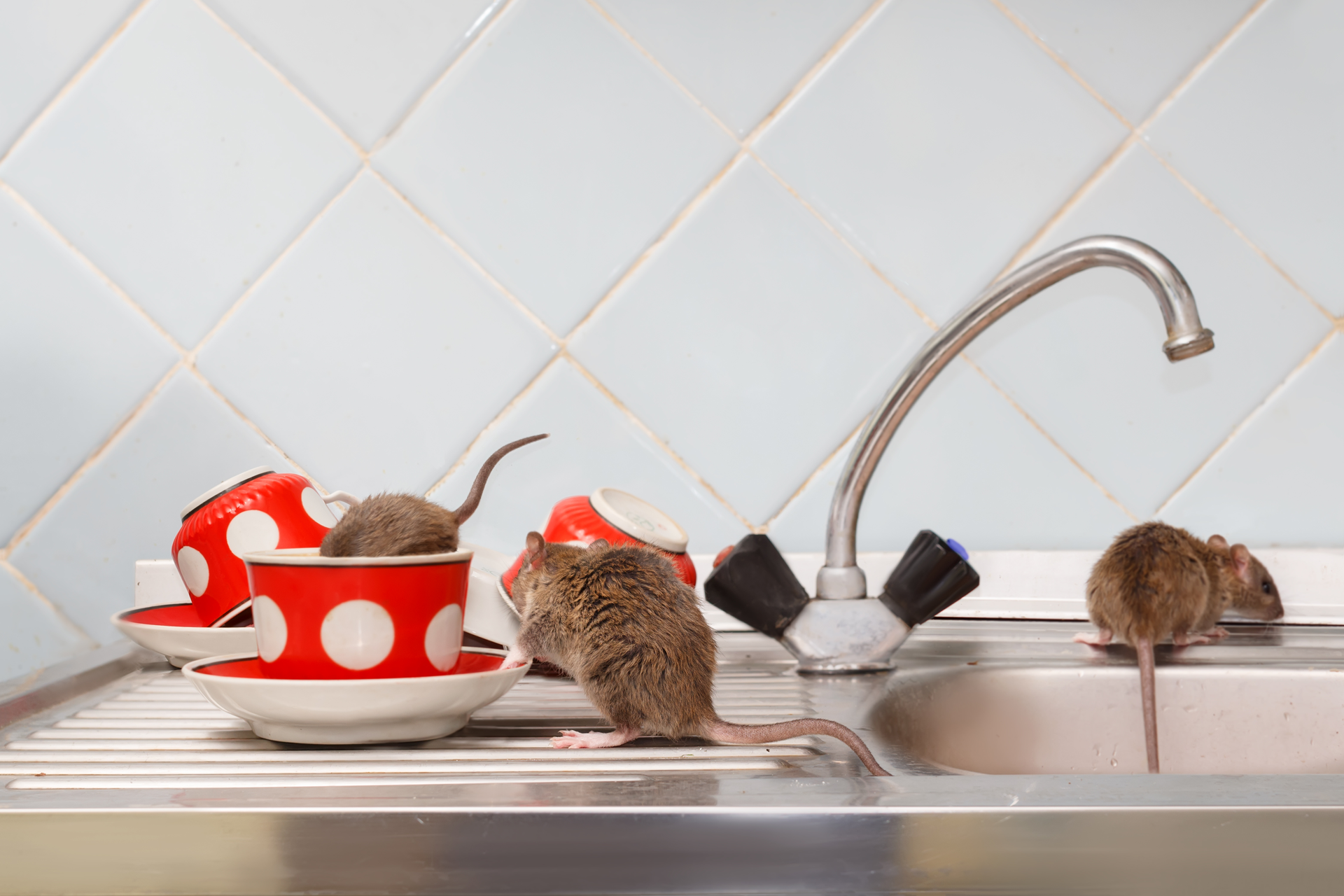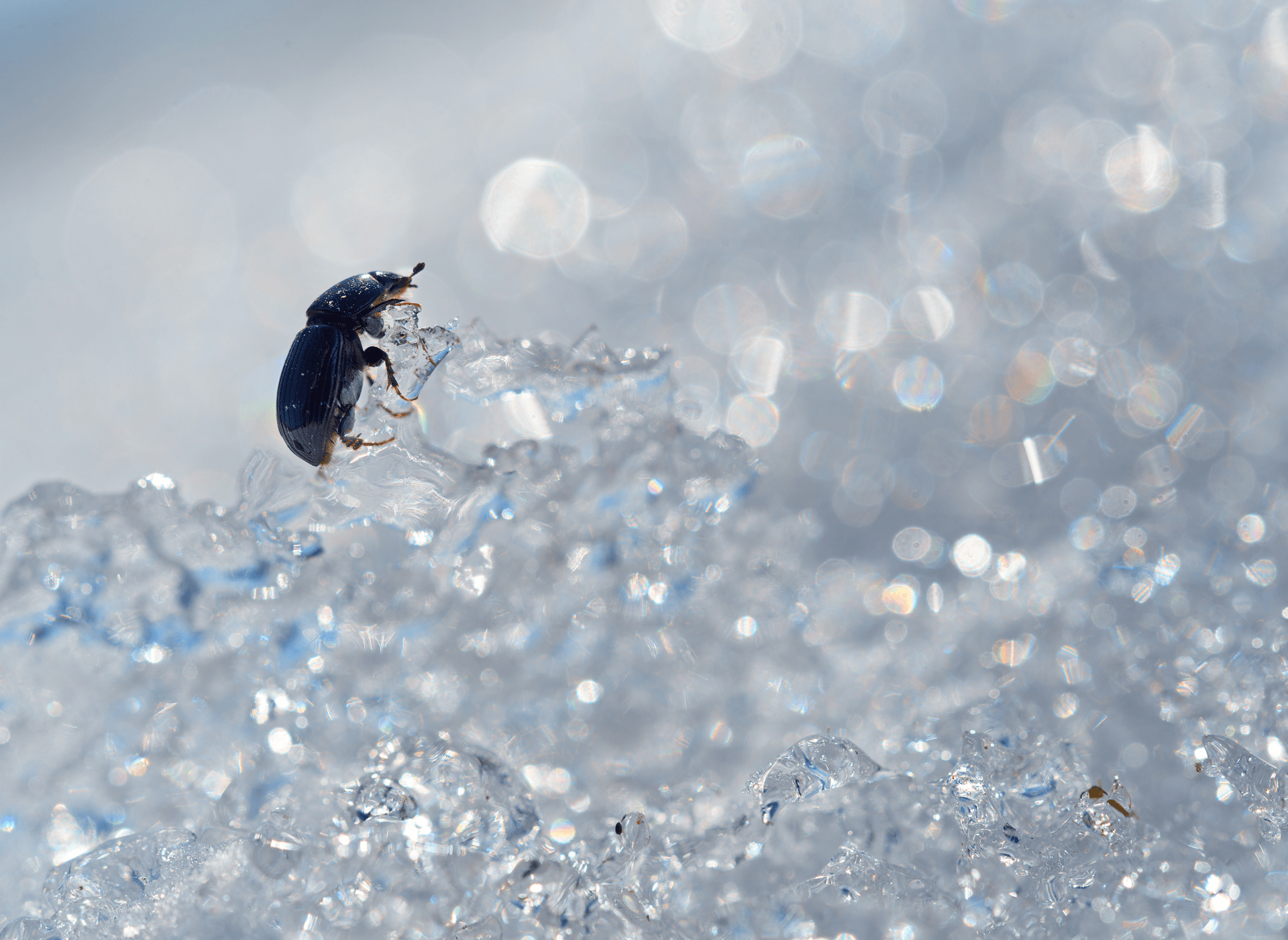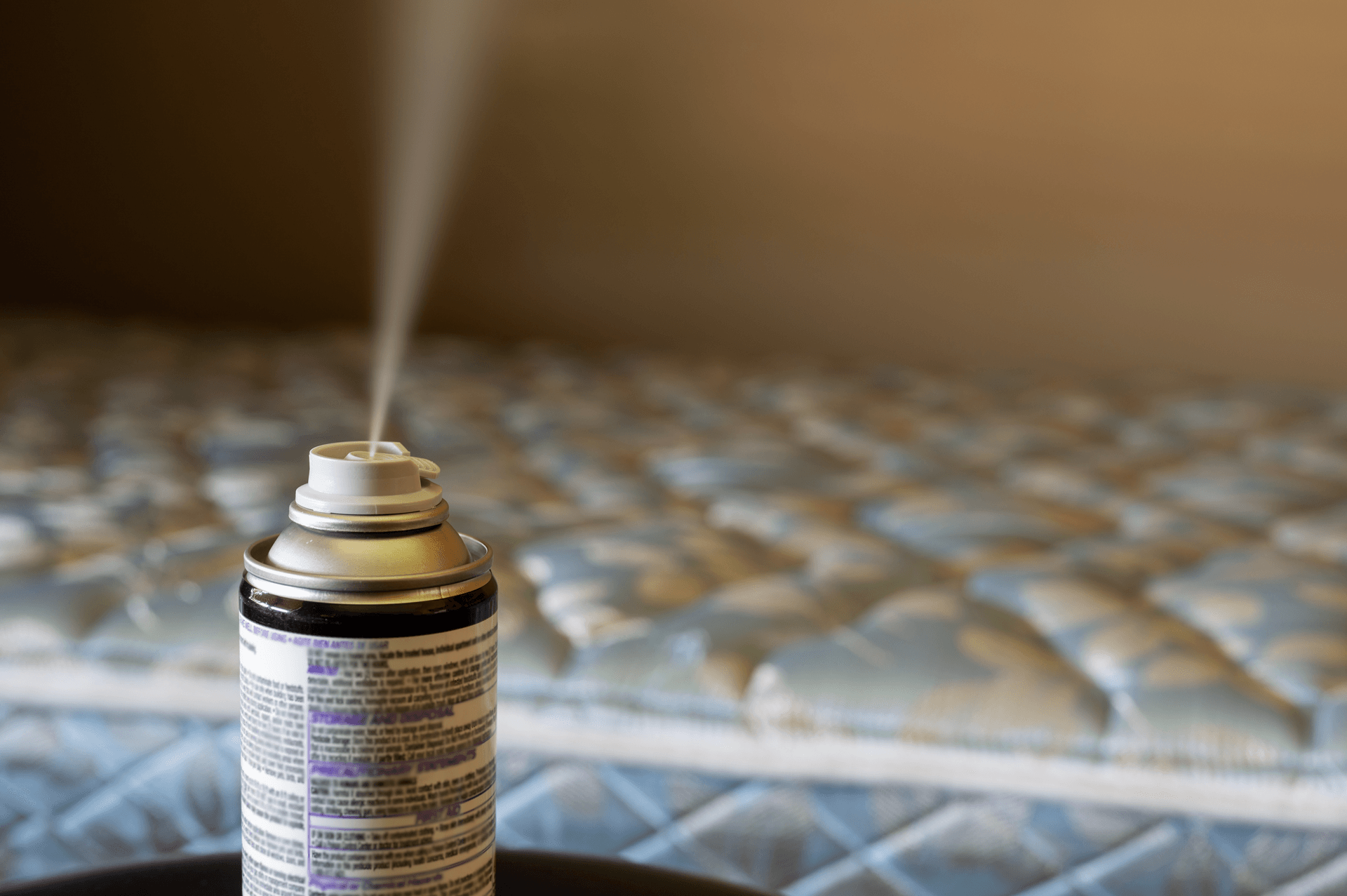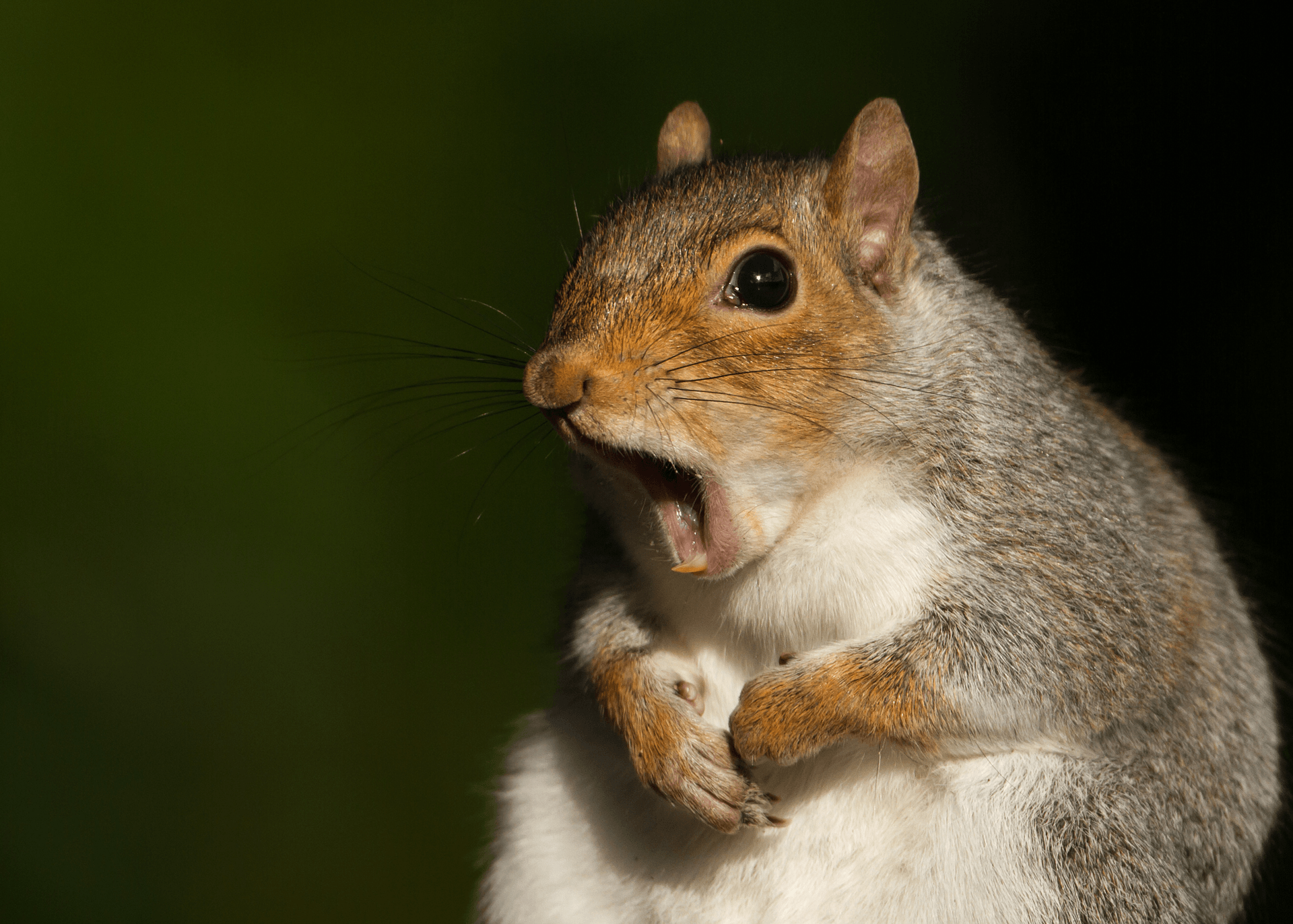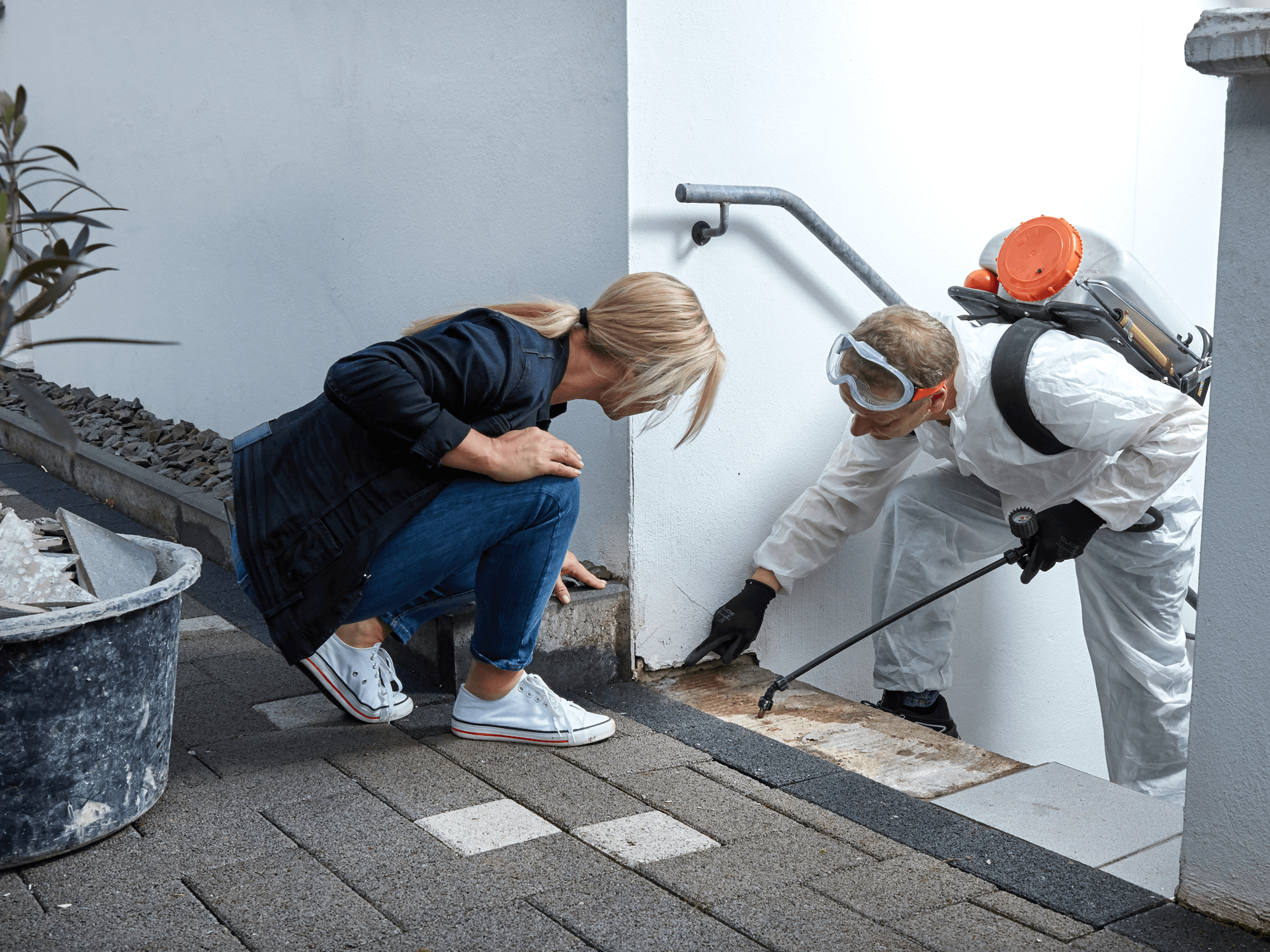Do Bugs Hibernate?
Which Pests Hibernate?
It may seem like pests disappear over the winter, leaving you free to focus on other issues like saving your garden from the cold weather and keeping your driveway clear of snow and ice. You may wonder where those pests go and figure they enter a state of hibernation. If you reflect on the question, "Do pests hibernate?" you wouldn't be alone. The fact is, there's no simple answer to that question.
Fewer creatures hibernate than you may think. For instance, most people associate the long sleep with bears, yet bears do not technically do it; instead, they enter a state of torpor. The term "hibernation" is often used as a synonym for dormancy, but it refers to a specific state that only very few animals achieve. It's often confused with practices like estivation, brumation, torpor, denning, and overwintering. Hibernation requires three main things: a reduced metabolism, a slower heart rate, and a lowered body temperature.
The warm-blooded pests you may encounter most often who do hibernate are rodents, dubbed the "champions of hibernation" by the National Park Service. Chipmunks, groundhogs, certain types of squirrels, and some kinds of mice go into the state through the winter. Other small mammals like hedgehogs and bats do as well.
Of course, that rule doesn't apply to all rodents. The common mice and rats that most often plague households and businesses remain active through the winter, and you're nearly as likely to find them terrorizing your property when it's cold out as when it's warm. Those creatures tend to be a bit more active in the Spring and Summer, partially because they're gathering extra food to last them through the winter, but they're still a nuisance no matter the temperature. The start of Spring usually kicks off those rodents' breeding cycles. Other rodents, like voles and squirrels, are also active through the winter; squirrels even breed in January and February.
Mammals aren't the only animals that hibernate. You may notice significantly less croaking outside your window during the winter. Common aquatic species like the leopard frog and the American bullfrog spend their winters underwater, lying on top of or partially buried in mud. Terrestrial frogs like the American toad, the spring peeper, and the wood frog burrow into soil or leaf debris and go into their dormant state. A high glucose concentration develops in the frogs' bloodstream and protects their organs from freezing, even as their hearts slowly stop.
Other animals may appear to hibernate in the winter when they take on a different dormancy. Snakes, for instance, do what's called bromating, where they slow down and stop eating in the colder months but still ingest water.
You'll probably notice there seem to be fewer insects crawling or flying around during the winter. While some migrate to avoid the cold temperatures, those who choose to stick around largely enter a state of dormancy. Insects' version of hibernation is called diapause, which is similar but could be entered in other rough environmental conditions, not just cold temperatures. When insects enter diapause, they seek shelter by burrowing underground or in tree trunks. Ants, for example, eat extra during the Fall, burrow underground, huddle up to protect themselves from the cold, and wait until Spring. Ticks also go dormant during the cold months, kicking into gear again when the weather warms enough to hunt down someone or something to bite.
Mosquitoes, dragonflies, mayflies, and other aquatic bugs don't hibernate, but they have another way of making it through the winter. Right before the weather gets too cold, they get to work laying eggs or ensuring nymphs and larvae are resting in bodies of water. That water keeps a more stable temperature than the air around it, which protects the young insects and allows them to survive the winter and emerge once the weather warms.
It may be easy to figure you don't need to keep up with pest control through the winter since you don't see pests often. However, winter pest control is quite important; pests are still present even when the cold weather slows them down. It's crucial to have professionals like those at Elite Pest Control visit your home or business in the winter to eradicate pests that have set up shop on your property, hoping to emerge the moment the weather warms. Our exterminators have over a decade of experience ridding New Jersey properties of pests.
Contact us today for an estimate and ensure you are prepared to battle pests any time of the year.
All Rights Reserved | Elite Pest Control



